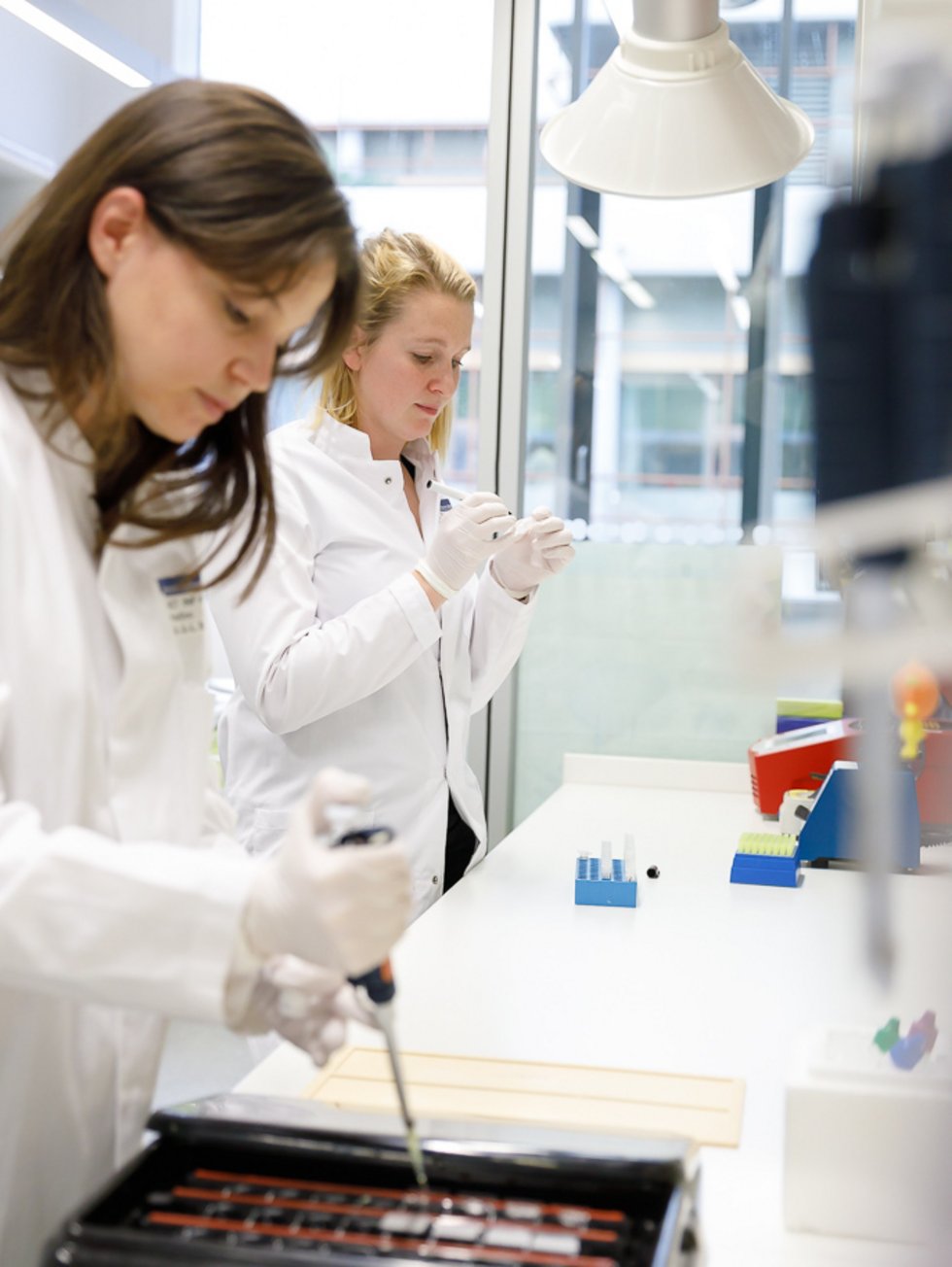Research
The research spectrum of the Medical Oncology Department has the aim to translate state-of-the-art basic research into clinical application as fast as possible. In line with the transfer function of translational research, we are working to offer patients new and more innovative tumor therapies in the future. The research groups in the Medical Oncology Department therefore have a common goal: Based on identifying new, molecular target structures and tumor-specific immunological mechanisms involved in carcinogenesis, they are aiming to develop therapies for prevention and delay of disease progression.
The research activities of the Department aim to and focus on
- Development of cellular therapies, predictive biomarker studies and characterization of tumor-host interactions in the tumor microenvironment and the periphery (Prof. Dr. Jäger: Tumor Immunology Group, Medical Oncology, NCT, and Clinical Cooperation Unit “Applied Tumor Immunity”, DKFZ)
- Development of approaches and strategies for combining immunotherapy and virotherapy (Prof. Dr. Dr. Ungerechts: Virotherapy)
- Identification of tumor-specific anti-apoptotic mechanisms and development of strategies to sensitize malignant cells towards treatment (PD Dr. Köhler: Cell Death Resistance)
- Develop analyses of the tumor microenvironment (Prof. Dr. Grabe: Tissue Imaging and Analysis Center)
- Ethics and patient oriented care in oncology (Prof. Dr. Dr. Winkler: NCT-EPOC)
- The effects of movement and sports intervention on side-effect profiles such as fatigue, physical weakness, polyneuropathy or urinary incontinence. The group is also engaged in basic research in order to better understand effect mechanisms (Prof. Dr. Wiskemann: Exercise Oncology).
- Extracellular Vesicles and Molecular Signal Transduction in Oncology (Dr. med. Antonia Schubert, Junior Research Group: Translational Extracellular Vesicle Research)








